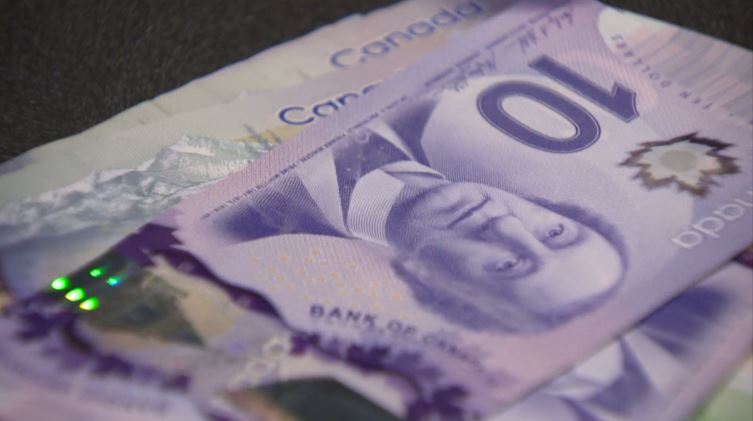Some families have been able to save money thanks to working from home, but the question remains – what should you do with your savings?

About 62 per cent of workers have been able to save more than five per cent of their paycheque this year, according to a new survey conducted by the Canadian Payroll Association.
The results from the survey credit the increased savings to workers not having to commute, to buy lunches, or to pay for childcare.
READ MORE: Coronavirus has Canadians flocking online for deals on financial products
Grant White of Endeavour Wealth Management says there are many options out there for people wanting to invest their money.
“Depending on what your goals are for going forward, there are some really great opportunities to get into, whether that be the markets or other types of investments,” White says.
But White adds a point of caution, given that interest rates are extremely low right now.
“Your traditional savings investments, like GIC saving accounts, are not paying a whole lot, so I wouldn’t necessarily be looking at that as my primary saving vehicle. But there are lots of other opportunities out there.”
Before looking at investment opportunities, White suggests paying off or paying towards any of your high-interest debts first.
“If things like inflation kick in, with all the money being pumped into the economy, then we can certainly expect that interest rates will also climb later on,” White said. “At that point, your debt could become less manageable or less easily manageable down the road, so this is a really good opportunity to take advantage of reducing that debt load at a much lower interest rate.”

Experts say another area to look into is making sure your taxes are in order for the year.
Keep in mind that Sept. 30 is a deadline for filing and paying taxes without penalty, says Evelyn Jacks, president of the Knowledge Bureau.
“If you owe money on your taxes, pay it by Sept. 30,” Jacks says. “If you haven’t filed a tax return, make sure you do because your benefits from Canada child benefits could stop and, in fact, could be repayable.”
READ MORE: Household debt ratio drops to 158% of disposable income, down from 175%
White also advises putting any extra money into a rainy day fund for if you’re not able to work in the future or if you’re let go from your job.
“Having an emergency fund is, in my opinion, always a good idea,” White said. “I typically recommend three to six months’ worth of expenses to be put aside in fairly safe investments. You want to earn some interest on those investments, but you don’t want to take too much volatility risk.”
Options include investing in a high-interest savings account or a government bond.
White says you want your money to work for you, but you want to be able to withdraw it quickly if need be.








Comments